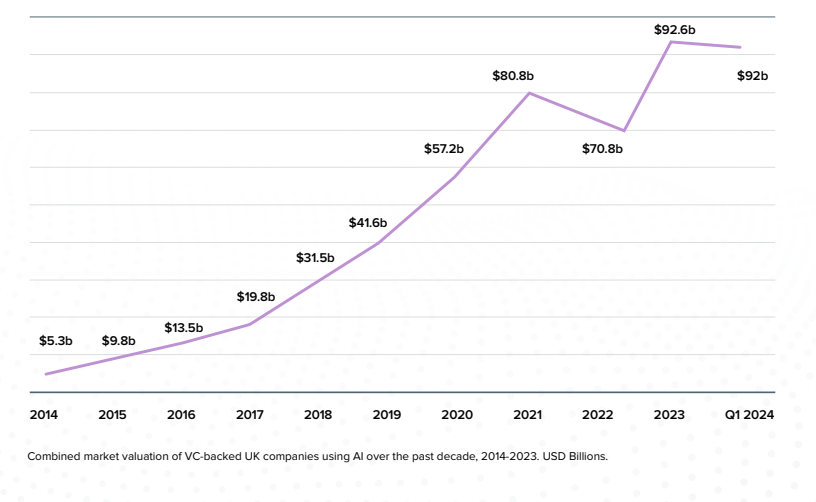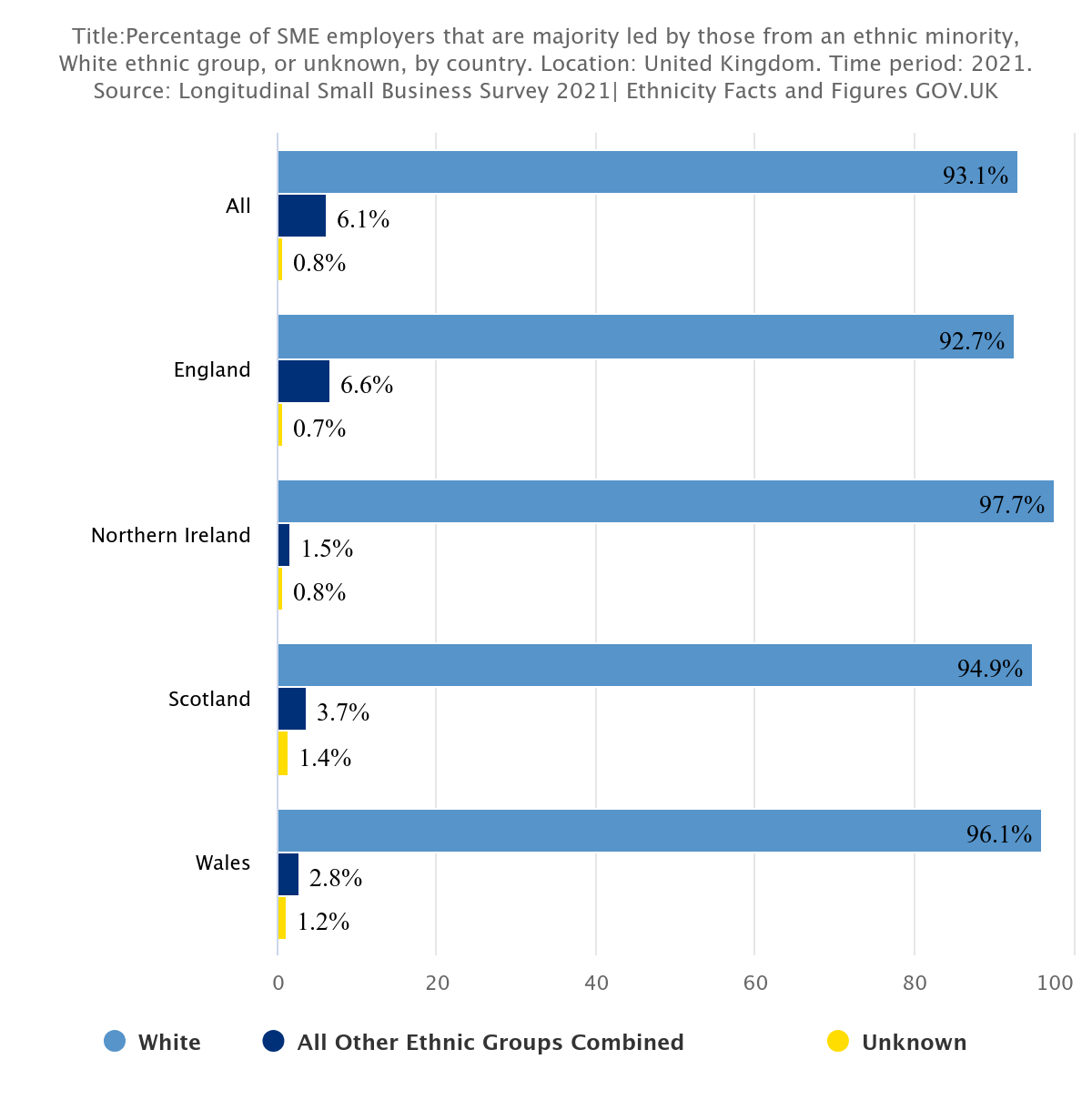Want to know how to launch a group accelerator for new founders UK? You’re in the right place.
Whether you’re a startup mentor, investor, or just passionate about entrepreneurship, starting a group accelerator can change lives and boost the startup support ecosystem UK.
It’s not as complicated as it sounds. With the right plan, legal steps, and curriculum, you can create a group startup programme UK that works. This guide breaks everything down in a clear, step-by-step way.
You’ll learn the difference between accelerators and incubators, what founders need, and how to start an accelerator built for success. Ready? Let’s get started.
What Is a Group Accelerator and Why It Works for UK Startups
A group accelerator brings several new founders into one tight program. You learn side by side with peers.
How to launch group accelerator for new founders UK mixes expert talks, hands‑on workshops, and group labs. You get advice from mentors and feedback from classmates.
This set‑up is cost‑smart and community‑driven, you move faster because you share wins and pitfalls.
Believe it or not, in just weeks, you build strong networks and real skills because group energy beats doing it alone every time.
Key Differences Between Incubators, Accelerators, and Group Programmes
Very simple! Incubators give space and loose support; accelerators pack learning into a short, intense sprint while a group accelerator sits in the middle. It’s as structured as an accelerator but adds peer power.
You’ll spend 8–12 weeks in a cohort of 8–15 founders and tackle topics like product‑market fit, sales, and legal basics together.
Here’s what to note: incubators may let you stay as long as you like, but they lack the push of a deadline.
Imagine you test your MVP one week, refine your pitch the next, and cheer on peers all the way. That’s why discussions on accelerator vs incubator UK favour group models for early startups
Benefits of Group-Based Startup Acceleration

Source: Tech nation
Group acceleration speeds up learning through shared experience. You get peer support, which means honest feedback when you need it.
You save money because the costs are split among participants.
Building networks that last long after demo day: Believe it or not, founders often solve problems together faster than solo.
The UK tech sector hit a combined market valuation of $1.1 trillion in Q1 2024, underscoring massive growth potential for accelerator‑backed startups.
Gain soft skills like teamwork and leadership in every session, and also the confidence to talk about your skills. Group labs let you practice pitches on real ears.
You can nail your deck, your cohort cheers, and mentors give tips. That’s how a group startup programme UK boosts confidence, competence, and community, all in one powerful package.
Mapping Out the Structure of Your UK Group Accelerator
| Wondering how to launch group accelerator for new founders UK? Then think structure. |
You must set clear rules on cohort size, dates, and format. Picking a group of 8–12 is one of the ways to start a group accelerator for New Founders in the UK.
Small groups get focus while larger ones widen networks. You can run 8–12 weekly sessions over 8–12 weeks.
Then, choose virtual, in‑person, or hybrid, although face‑to‑face builds camaraderie, online cuts costs.
Balance quality and logistics. You’re able to map out calendars, platforms, and venues. That way, you launch with confidence and clarity.
Cohort Size, Duration, Format (Virtual vs In‑Person)
The cohort size should be between 8–12persons for deep dives, or it could extend to 15–20 for broad connections.
For setting duration, eight weeks creates urgency, and twelve weeks gives depth. Anything longer may not provide the best results
Although a virtual cohort lets anyone in UK join, in‑person fosters stronger bonds and builds interpersonal skills.
But here’s the kicker: the hybrid models blend both perfectly. Imagine hosting weekly Zoom workshops and monthly London meetups.
That’s why your startup support ecosystem UK thrives on flexibility and community.
Curriculum Design: Topics to Cover (MVP, Sales, Legal, Pitching)
Over 10,000 UK small‑business leaders had enrolled in the Help to Grow management scheme, with 7,860 completions to date.
Start with MVP workshops, i.e define problems, sketch solutions, build prototypes.
- Teach sales basics: outreach scripts, negotiation tactics, closing deals. This is because early revenue proves product‑market fit.
- Next up, cover legal requirements for business accelerator UK: company formation, IP, and GDPR rules. And the best part is that hands‑on exercises make the law clear.
- After that, focus on pitching: slide structure, storytelling, and Q&A prep. Think of what it would be like when founders have mock interview practice in front of peers, refine in real time, then wow investors.
In short, a solid accelerator curriculum design gears founders for launch day and beyond.
Legal, Compliance and Operational Setup in the UK
As you ponder on how to launch group accelerator for new founders uk, you should set up your legal and operations right. Register as a limited company or an LLP to avoid getting fined.
Write simple contracts that explain fees, who owns what ideas (IP), and how someone can leave the programme. Follow the data rules (GDPR): ask people to agree, keep their info safe, and write down what you do with their data.
Use secure cloud storage, check it often, and get insurance to cover problems. This makes your programme safe and trusted.
See also:
Business Registration, Contracts, and GDPR Compliance
Pick a structure, either Ltd or LLP, and register with Companies House. Get a tax number (UTR) from HMRC. In your contract, list payment dates, who owns IP, and privacy rules.
Be clear about refunds and how someone can exit. For data rules (GDPR), say why you need data, ask for permission, and explain what you’ll do with it in a short privacy note.
Store data in an encrypted (locked) UK server and check it every week. This simple setup builds trust and keeps everyone’s info safe.
Setting Up Participant Agreements and Programme Terms
The point is that tight agreements avoid confusion. First off, list services like workshops, mentoring, and resources. Then, spell out fees, payment schedules, and refund rules.
Cover IP by highlighting who owns workshop materials and startup outputs. But wait, there’s more… include termination clauses for rule breaches or non‑attendance.
And the good news is that clear terms reduce disputes because everyone knows expectations upfront.
Imagine what it would be like for a founder to read your terms, feel confident, and sign quickly.
Attracting the Right Founders to Join Your Accelerator
Your accelerator needs founders who care and work hard. Start by deciding what you want, is it a team with a prototype or early users?
Reach out where they are; try university hubs, LinkedIn groups, or ask past participants for referrals.
Host a complimentary session so they can see how it works. When founders see real value, they join in.
This way, you build a group of excited founders who lift each other and make your startup support ecosystem UK stronger.
Ideal Applicant Criteria and Selection Process
Pick simple requirements so you get the best founders. For example, ask that they’re based in the UK, have a working MVP, and a committed team.
Make a short form to learn about their market, traction, and goals. Also, talk with them on a quick call to see if they’re driven and coachable.
You can also hold a mini‑bootcamp day so they can try out the format. Score each founder on market potential, skills, and team mix. This keeps your selection clear and fair.
Leveraging Networks, Communities, and Organic Marketing
Use places where founders already gather and partner with groups like Tech Nation or your local council to run events or webinars on how to start an accelerator.
Coupled with an optimised Linkedin Share stories of past winners on LinkedIn and Twitter, people trust what friends say and this boost your professional presence Offer referral bonuses so alumni bring in peers.
Join Slack channels like UKStartupChat and share quick tips. These simple moves help you reach more founders naturally and build trust without big ad budgets.
Read Also:
- Competency Vs Behavioural Interview Questions
- How to Write a Supporting Statement for a Job Application
Securing Mentors, Advisors, and Guest Experts
Great mentors elevate your programme because they share battle‑tested wisdom.
List needed skills like product, legal, sales, and fundraising. Use warm intros via alumni or networks and offer perks like speaking slots or advisory shares.
You need 4–6 core mentors and rotating guests. Also, update your roster each cohort for fresh insights.
This helps you build a top‑tier support network that fuels your How To Launch Group Accelerator For New Founders Uk success.
How to Build a Credible Support Team
Map expertise gaps including product‑market fit, growth hacking, legal, and fundraising.
Target mentors: ex‑founders, angels, and corporate execs because diversity meets varied founder needs.
Send personal invites: mention mutual contacts and your vision.
And guess what? offering honorary titles or equity sweetens the deal. But there’s more… define time commitments and session formats.
Think about this: mentor logs in, leads a 90‑minute workshop, then gives 30 minutes of 1:1 feedback.
Inviting Alumni Founders, VCs and Industry Experts
Here’s the big idea: alumni are your ambassador army. Keep an alumni database with roles and wins.
Invite top grads to speak at demo days or mentor groups, VCs love seeing active talent pools, so involve them too.
And industry experts add niche know‑how. In other words, rotate your guest list each session.
But here’s the kicker: offer branded co‑events or media features as perks.
Alumni, VCs, and experts spread the word and boost your How To Start a Group Accelerator For New Founders in the UK reputation.
Funding and Monetising Your Group Accelerator Programme
You need a clear money plan for your group accelerator program and choose between fees, equity, or grants.
UK Research and Innovation (UKRI) budgets in 2024 are 30% higher than in 2018, with Innovate UK’s budget up 50% from 2022–2025.
UK programmes charge £5k–£15k per founder or take 5–10% equity. Explore UK startup grants 2025 like Innovate UK or regional funds but grants need detailed reports.
You should weigh cash flow vs long‑term upside and combine fees with sponsorships for steady income.
Charging Fees vs Equity Models (UK Standards)
Nearly 79% of companies funded by the European Innovation Council (EIC) Accelerator receive a blend of grants and equity, highlighting blended‑finance importance.
Some UK accelerators charge money upfront while others take a small piece of the startup instead. If you charge fees, you get money right away. But if you take equity, you share the risk and the rewards.
For example, many ask for £10k in exchange for 5% of a startup. Others ask for £15k for 10%.
Charging fees gives you steady income. Taking equity could pay more later but it’s a bit tricky and needs legal help.
Say you ask for 7% equity and £7k upfront, If the startup does well, you get a piece of their success. Your accelerator earns now and in the future.
Applying for UK Startup Grants or Sponsorships

Source: Gov.UK
Yes, the UK government gives money to support accelerators too! Check out gov.uk for startup grants like Innovate UK, Creative Scale-Up, or your local Growth Hubs.
When applying, make sure your form shows how your accelerator helps the economy, supports new ideas, and includes everyone.
Innovate UK’s Investor Partnerships grants injected £40 million into 82 UK SMEs to de‑risk and accelerate innovation.
You can also partner with local councils to get extra help. Big companies like banks and tech firms may also sponsor you if you help them find great talent.
These grants and sponsors help cover costs like rent, coaches, and startup swag, so founders don’t have to pay as much.
See Also:
FAQs: How to Launch a Group Accelerator for New Fo
What’s the difference between a group accelerator and a startup incubator?
A group accelerator runs fixed‑term cohorts with taught modules and peer labs. An incubator offers flexible workspace and resources over a longer, open‑ended period.
How can I find new founders to join a UK accelerator programme?
Partner with universities, tech hubs, and online communities. Host free webinars on how to start an accelerator to collect leads. Use alumni referrals and social media ads.
Do I need to register my accelerator as a business in the UK?
Yes. Register as a limited company or LLP to sign contracts, open a business bank account, and comply with HMRC and GDPR rules.
Can I launch a virtual startup accelerator from outside London?
Absolutely. Virtual accelerators serve UK founders nationwide. Use Zoom and Slack, and schedule sessions in UK time. You can manage entirely remotely.
